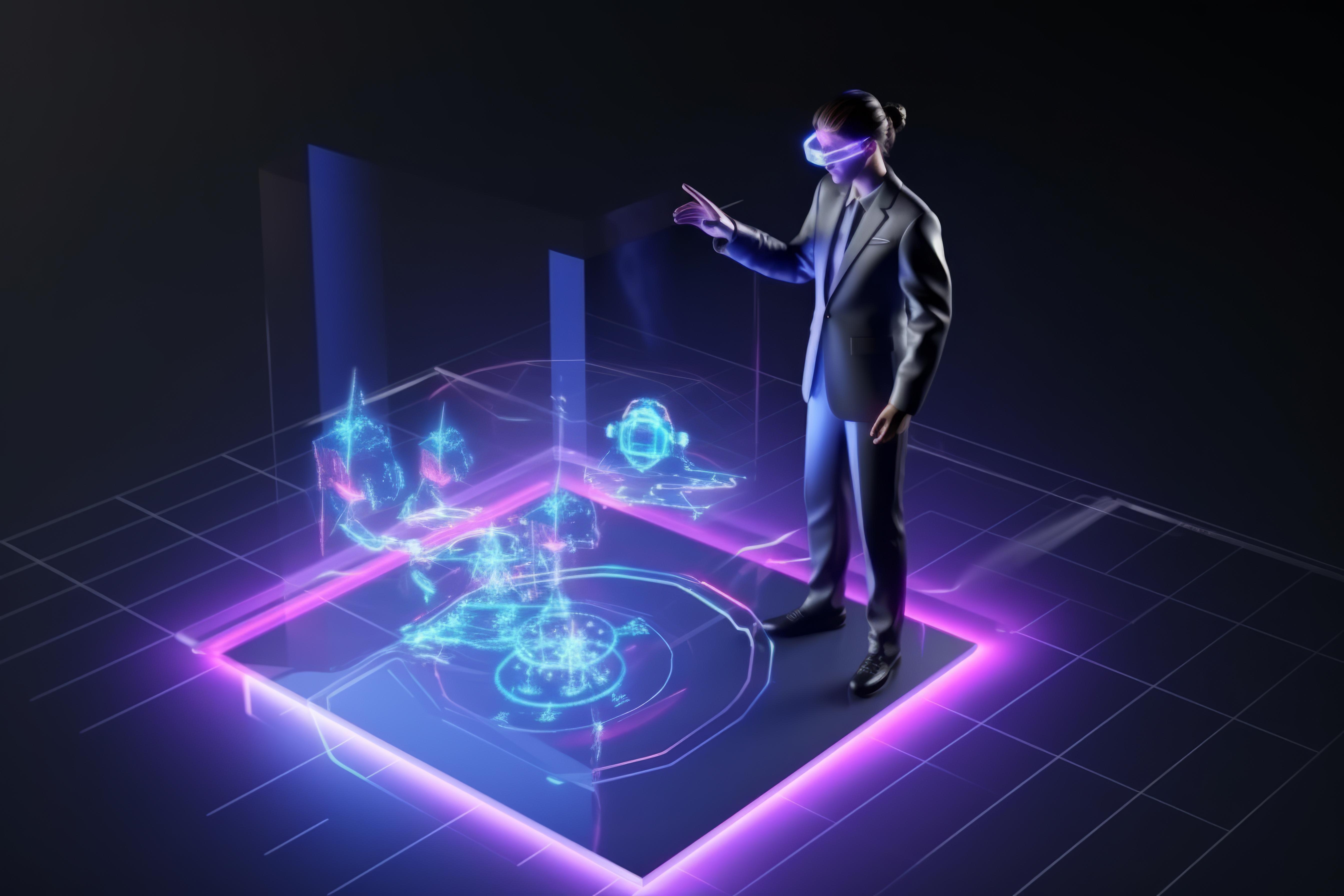Using Augmented Reality (AR) to Bring History Lessons to Life
In today's digital age, traditional methods of teaching are being enhanced by innovative technologies. One such technology is Augmented Reality (AR), which has the potential to revolutionize the way history is taught and experienced by students across the globe. By integrating AR into history lessons, educators can create immersive and interactive experiences that bring historical events and figures to life, making learning more engaging and memorable.
The Power of AR in Education
Augmented Reality overlays digital information—images, sounds, and other data—onto the real world, providing an enriched and interactive experience. When applied to history lessons, AR can transform static textbook content into dynamic and interactive 3D models, videos, and animations. For instance, students can use AR to visualize ancient civilizations, explore historical landmarks, and interact with historical figures in a way that feels real and tangible.
At Amber International School, we support the use of AR to enhance the educational experience for all students. As one of the top international schools in Dhokali, we believe in leveraging cutting-edge technology to provide the best education possible. By incorporating AR into our history curriculum, we will not only make learning more interactive but also foster a deeper understanding of historical events and contexts.
Enhancing Engagement and Understanding
One of the key challenges in teaching history is making the content engaging for students. Traditional methods, which rely heavily on reading and lectures, can sometimes fail to capture the imagination of young learners. AR addresses this challenge by providing an immersive learning experience. For example, students at our international elementary school in Thane in the near future can use AR apps to virtually tour ancient Rome, witnessing the grandeur of the Colosseum or the bustling activity of the Roman Forum.
This immersive approach helps students develop a stronger connection to the material, making it easier for them to remember and understand historical events. Moreover, AR can cater to different learning styles. Visual learners, for instance, benefit greatly from seeing historical events unfold in 3D, while kinesthetic learners enjoy interacting with the AR environment.
Making History Accessible
Another advantage of AR is its ability to make history accessible to all students, regardless of their learning abilities. At Amber International School, recognized as one of the best international elementary schools in Thane , we strive to create an inclusive learning environment. AR can be particularly beneficial for students with learning disabilities or those who struggle with traditional teaching methods. By providing a multi-sensory experience, AR can help these students grasp complex historical concepts more easily.
Real-World Applications and Skills
Integrating AR into history lessons also helps students develop valuable skills for the future. When they interact with AR content, students at our international middle school in Dhokali remain not just passive recipients of information. Instead, they can engage themselves in critical thinking, problem-solving, and creative exploration. These skills are crucial for success in the 21st century, where technology plays an integral role in almost every field.
Preparing for the Future
As we look to the future of education, it is clear that technologies like AR will play an increasingly important role. At Amber International School, we are committed to staying at the forefront of educational innovation. Our support for the usage of AR in history lessons is just one example of how we are preparing our students for a world where digital literacy is paramount.
By providing the best education in Dhokali, we aim to equip our students with the knowledge and skills they need to succeed in an ever-changing world. We believe that by embracing technologies like AR, we can make learning more exciting, effective, and inclusive for all our students.
Conclusion
In conclusion, Augmented Reality has the potential to transform history education by making it more interactive, engaging, and accessible. At Amber International School, we are proud to be supporting integration of AR into our curriculum. As one of the top international schools in Dhokali, we are dedicated to providing our students with the best education possible, preparing them for the future with innovative teaching methods and cutting-edge technology. With admission open in Dhokali, we invite you to join us on this exciting journey of educational excellence and innovation.
